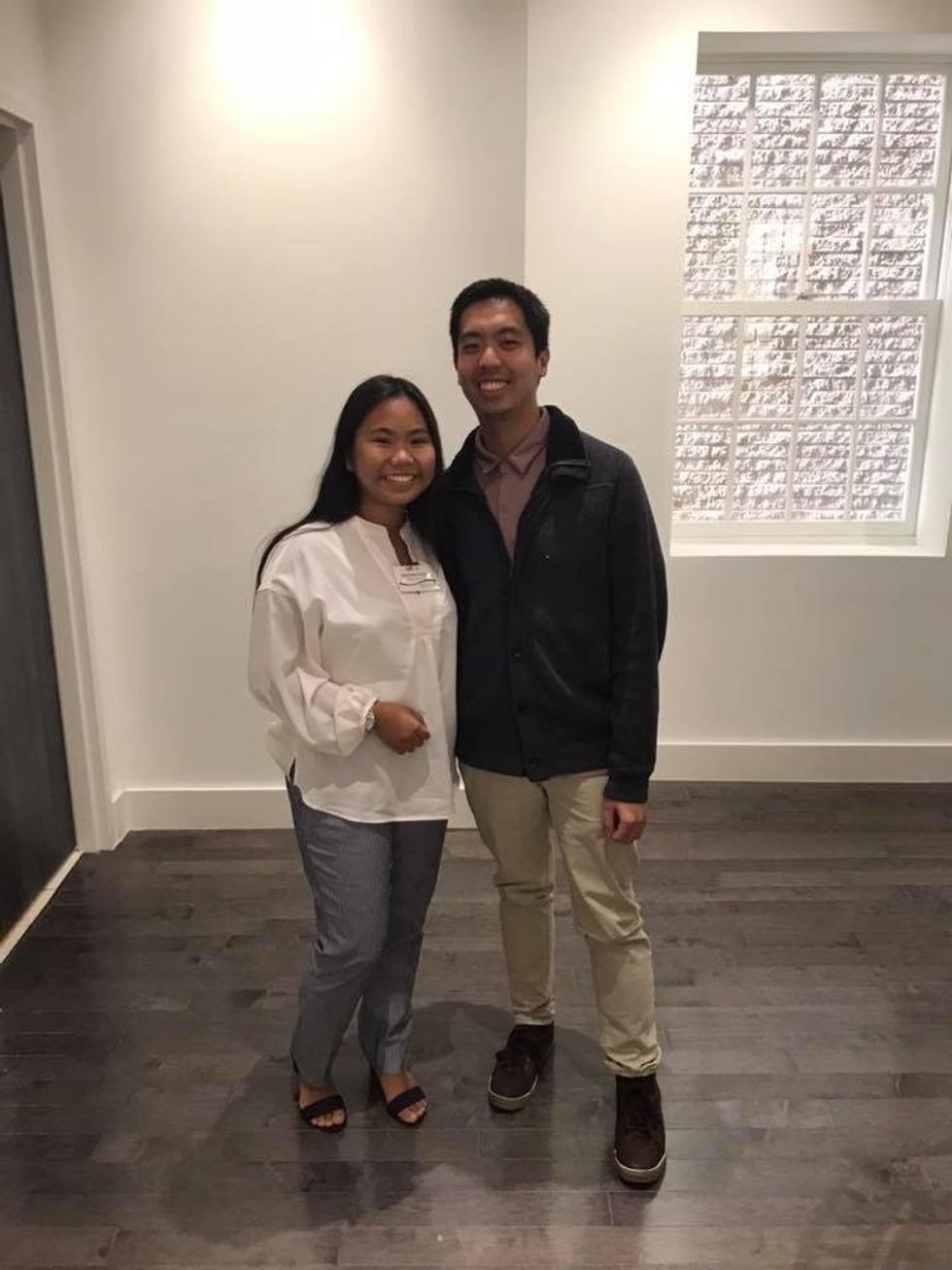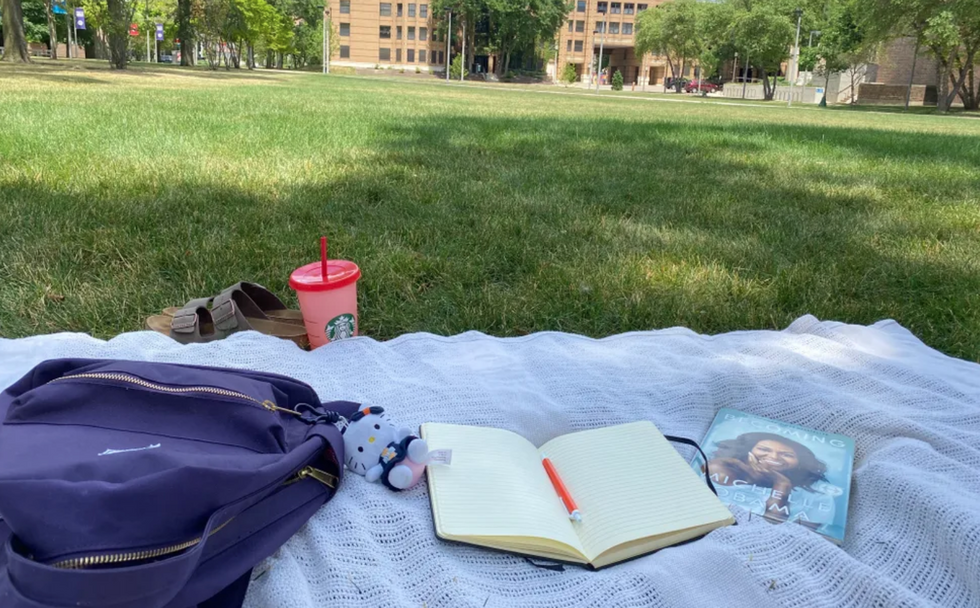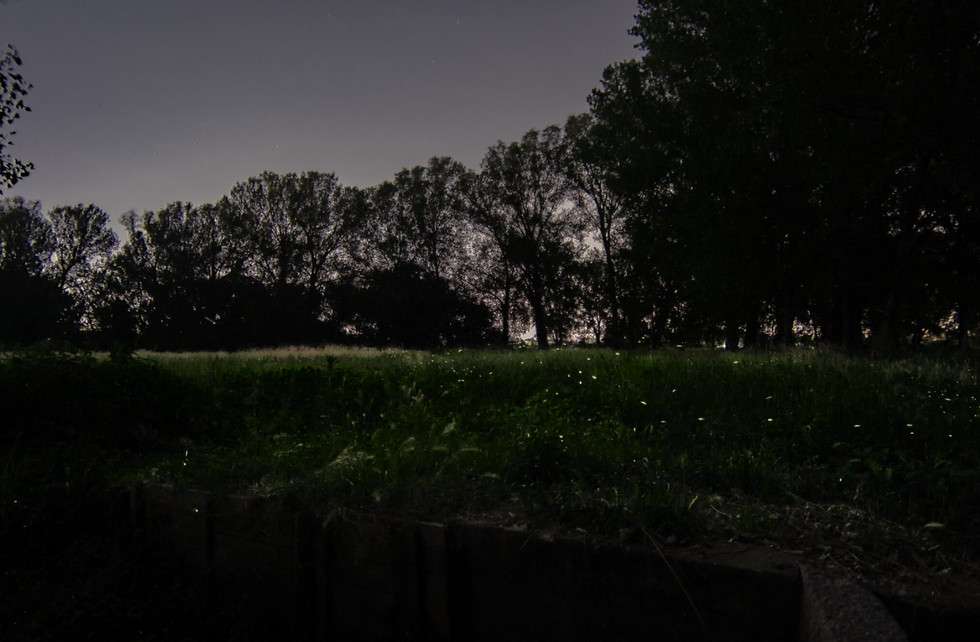Filipino-American Mental Health: It Starts with a Conversation
When it comes to talking about mental health struggles, I feel like a lot of Filipino-Americans share a similar attitude—sure, it happens, but not with my family.
When it comes to talking about mental health struggles, I feel like a lot of Filipino-Americans share a similar attitude—sure, it happens, but not with my family. Whether it is because the language is still inaccessible to our communities, or we refuse to approach the topic because of fear, or a little bit of both, a lot of us have yet to really contextualize and express how this particular topic shows up in our daily lives. So you can just imagine how radical it was when a group of Filipino-American health professionals, academics, student leaders, nonprofit leaders and more participated in the first ever National Forum on Filipino American Mental Health held at the Philippine Embassy. On that day, members of our community said yes, mental health struggles absolutely happen, and they are experienced by our families too.
I participated in the forum as an EPYC Ambassador for the National Federation of Filipino American Associations (NaFFAA). The EPYC Program, in its sophomore year, hopes to empower the next generation of Fil-Am leaders across the country by assisting in the personal and professional development of students and young professionals. As an ambassador for the Capital Region, I was quickly introduced to the scene in the D.C. Metro Area. I made my way from one community event to another, increasing my networks and learning about the resources that I wished I knew when I was younger. But it was, ironically, the topic of mental health that made me very anxious to attend the forum. At the time, I was going through one of the hardest college semesters of my life, and I was afraid to participate in an event dealing directly with this very topic. I woke up that morning with every intention of fading into the background to listen rather than to speak.
But that is not what happened. The hosts made it clear that they wanted to hear what the young people had to say. Jon Melegrito, a local community pioneer known fondly as "Tito Jon" said that that day was about sharing our stories, because we rarely have the opportunity to do so. The room had prominent scholars like Dr. Kevin Nadal (who sat next to me!) and Dr. E.J. Ramos David, but their eyes were focused on us. And so we spoke. We talked about dealing with stigma both inside and outside the community. We talked about the structural barriers (like costs) that make it hard for anybody to get support, regardless of their ethnicity. On the topic of collaboration, I mentioned that it was important for us to address that Filipino-Americans are not a monolith, and that we must always strive to center the most marginalized among us.
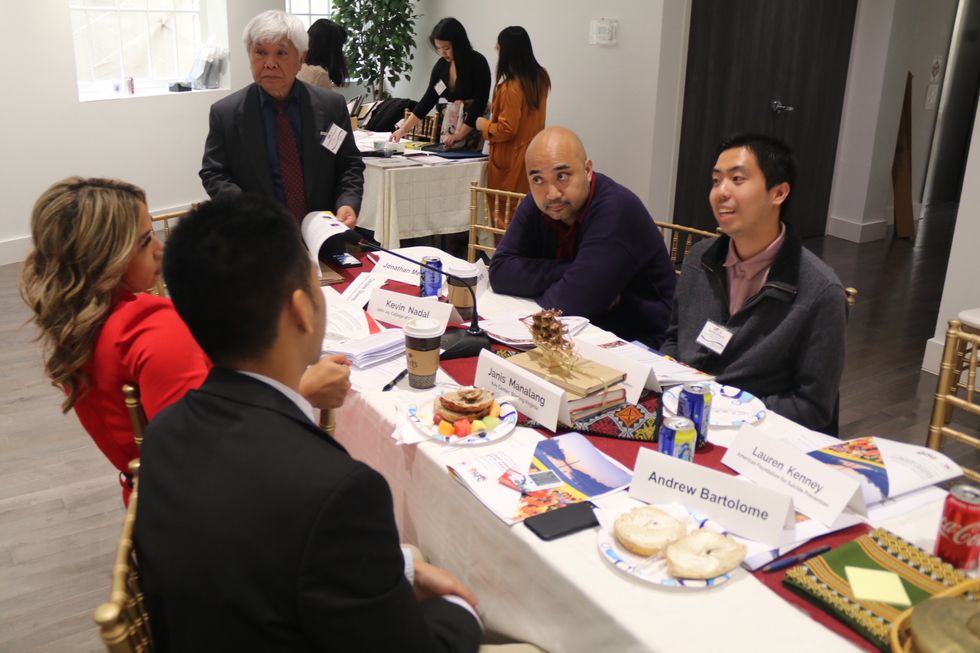
There was one topic, however, that we kept circling back to: the disconnect between parent and child, between first gen and second gen, between the homeland and the diaspora. I often find these conversations to be very interesting, because as someone who identifies as 1.5 gen (someone who immigrated to this country as a child), I serve as a good example that those conversations are not black-and-white. If there is anything I learned from being pushed into the diaspora it is that this life is very hard. No amount of Filipino resilience can prepare you from dealing with so much loss when you are away from your people. Diaspora asks us to rebuild and re-envision a new life without having much of a blueprint to borrow from. So who should we be? What kind of life should we have? These are some of the broader conversations our communities will need to have for some time.
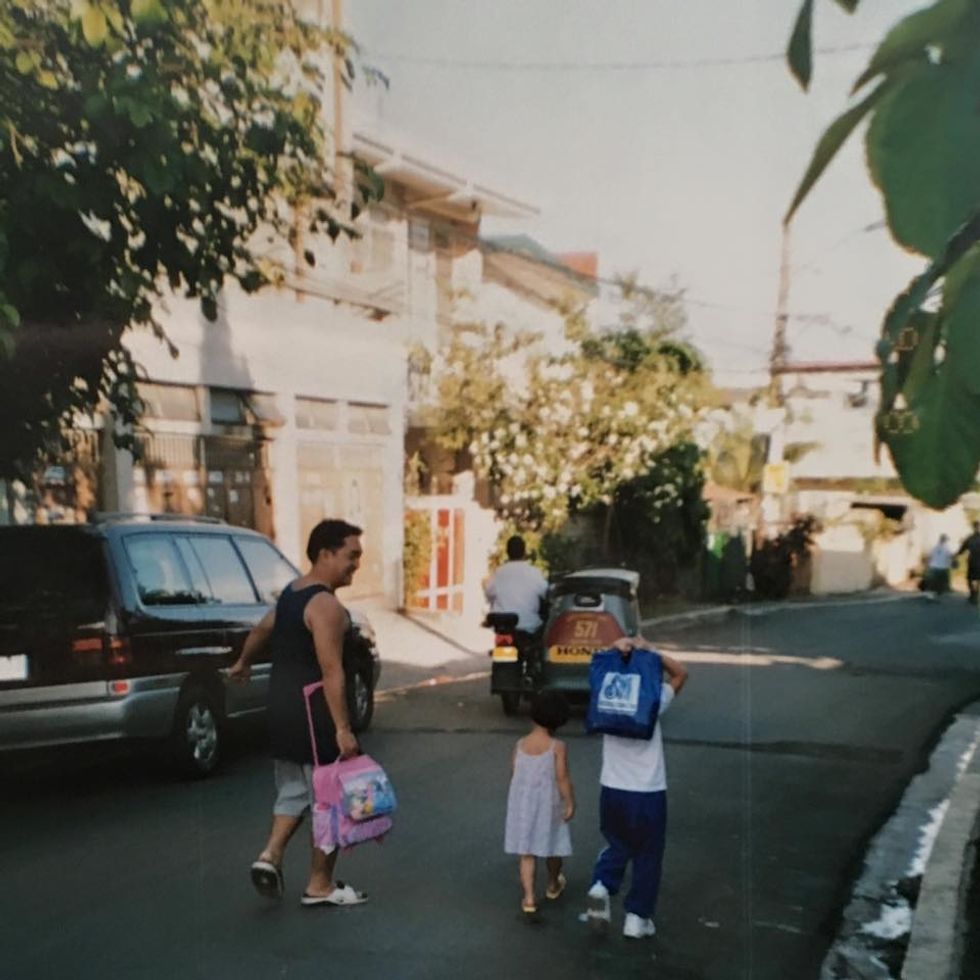
And what we are seeing now is that more and more of our people are willing to have them. Recently, Instagram hired Filipino-American student Jazmine Alcon (@pettyofcolor) as an Instagram Ambassador. Alcon uses her platform to create online spaces for youth, specifically Filipinx youth, to talk about mental health issues. Malaka Gharib of NPR has published a heartwarming multimedia piece on Filipino-American Mental Health with the help of Ryann Tanap of AARP. Academics like Nadal and David have been making a name for Filipino-American psychology for some time and still continue to make breakthroughs.
And we should not stop there. We also need to take a look at what Ruby Ibarra is doing, what Bambu DePistola is doing. We must engage with Elaine Castillo and Jose Antonio Vargas. We have to ground ourselves in the work of Dawn Mabalon and Carlos Bulosan who did so much work for our people when they were here. We also have to be humble enough to look at what other communities have done that help paved the way for us. Fil-Ams, especially non-Black Fil-Ams, need to be just as dedicated in reading their bell hooks and Audre Lorde and James Baldwin and Kimberle Crenshaw and Alice Walker and Zora Neale Hurston, and so much more. Inclusivity, intersectionality, and solidarity should be the heart of our many conversations. Kapwa (connectedness) must not come with any conditions.
As I unpack my own struggles with mental health, I often look back on the day of the forum. I often have to stop myself from feeling like a hypocrite because I was talking about a topic that I have yet to fully resolve on my own. And then I realize that perhaps the bigger problem was that I thought I had to resolve it alone. As I get closer to graduation, I am beginning to understand that I should not beat myself up any longer, because life in the diaspora already does a good job of doing that. What I should do is be more gentle and give more grace for those are the more radical things to do in the face of what we are dealt with. The business of being free is hard work, but to echo Dr. E.J. Ramos David—"it's hard work, because it's the heart's work."

